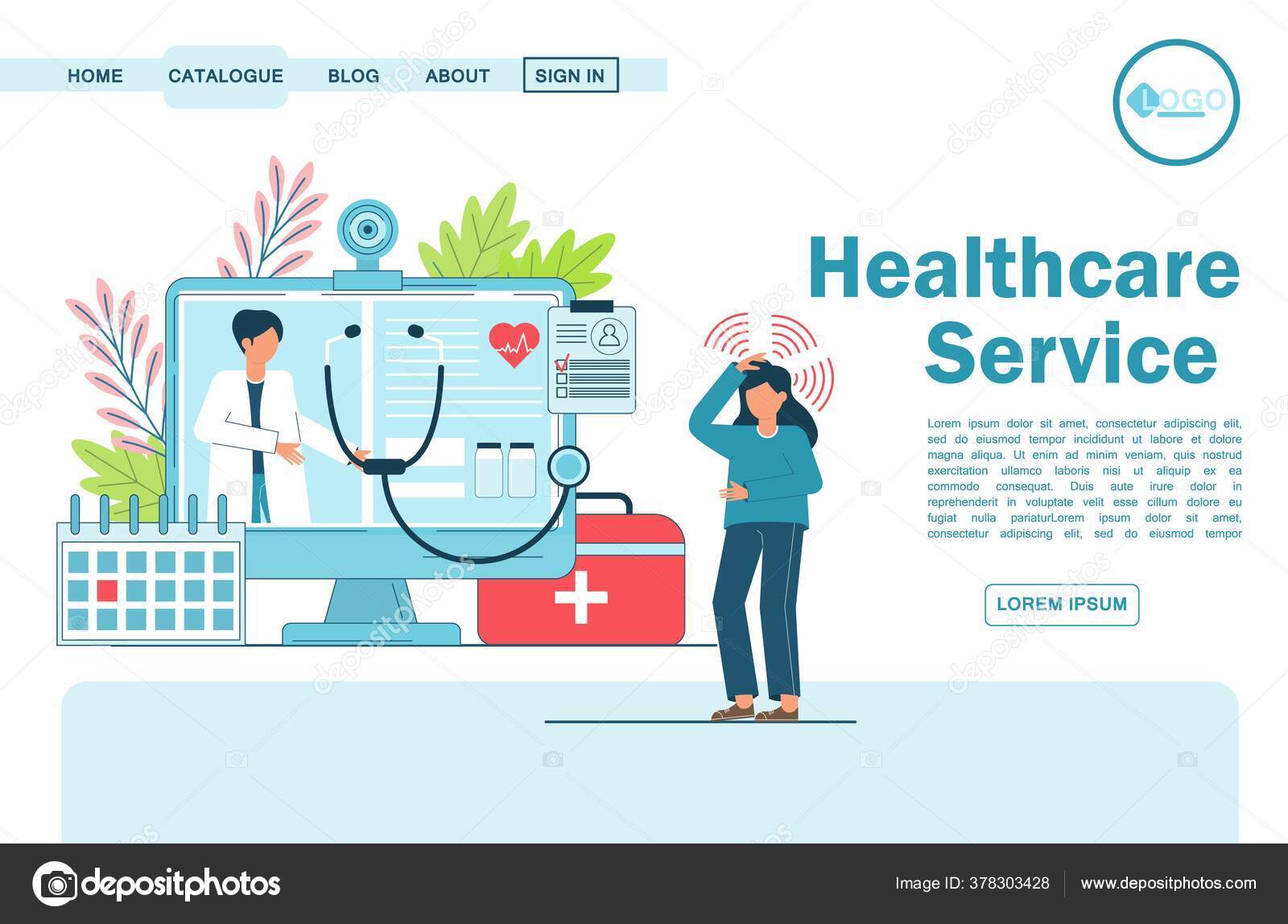The Influence of Subscription Based Healthcare on Typical Clinical Practices
The Influence of Subscription Based Healthcare on Typical Clinical Practices
Blog Article
The Surge of Subscription-Based Healthcare and Its Effect On Patient Care
As healthcare evolves, the subscription-based version is getting traction, promising to change individual treatment by supplying predictability and ease of access. The capacity for these models to improve healthcare distribution increases pressing inquiries about their lasting sustainability and inclusivity. Are these membership services the future of health care, or do they risk leaving vulnerable populations behind?
Comprehending Subscription Health Care Models
Comprehending the concept of membership healthcare designs entails taking a look at a transformative strategy to medical solutions that emphasizes cost and accessibility. These designs, typically described as direct health care (DPC) or concierge medication, have emerged as ingenious choices to conventional fee-for-service medical care systems. Subscription health care permits patients to pay a fixed month-to-month or yearly fee for a defined set of medical solutions, which may consist of unlimited office brows through, routine examinations, and standard laboratory examinations, without the need for traditional insurance policy payment.
The structure of subscription medical care versions is designed to improve individual treatment by getting rid of third-party payers and intricate payment codes, thereby decreasing administrative concerns. Doctor can focus more on client care, fostering stronger patient-provider relationships. This version additionally advertises preventative treatment by urging regular gos to, as the monetary challenge of per-visit fees is eliminated.
The registration model typically equips doctor to handle smaller sized person panels, allowing for more customized care. It straightens economic rewards with client health end results, as providers are encouraged to keep client fulfillment and well-being. On the whole, understanding registration health care models requires identifying their prospective to reshape just how care is delivered and accessed.
Advantages for Providers and people

For carriers, subscription-based designs use the possibility to grow patient-provider partnerships. With a constant revenue stream, healthcare professionals can dedicate even more time to each person, leading to a more complete and individualized treatment experience. This design likewise decreases reliance on high patient quantities, relieving fatigue and boosting task fulfillment. Additionally, the emphasis on preventive treatment within membership plans can lead to far better person results and decreased long-term medical care expenses. By concentrating on continuous treatment, suppliers can deal with concerns before they escalate, eventually benefiting the medical care system overall by reducing the burden on emergency and intense treatment solutions.
Worries and challenges
While subscription-based healthcare models existing countless advantages, they likewise come with a set of challenges and issues that should be dealt with. This increases honest questions regarding fair accessibility to healthcare solutions.
Financial sustainability of subscription-based models is an additional issue. Service providers must stabilize the set earnings from registrations with the variable expenses of healthcare solutions, which might vary due to unforeseen clinical requirements. This can create stress to limit solutions or boost fees, possibly affecting client complete satisfaction and care high quality.
Additionally, regulative oversight of subscription-based healthcare models is still evolving. Addressing these difficulties is critical for the fair and effective execution of subscription-based health care.
Influence On Patient-Doctor Relationships
One considerable effect of subscription-based health care models on patient-doctor connections is the potential for enhanced continuity and customized care. By adopting a registration model, doctors can handle a smaller sized person panel, permitting even more specialized time with each person. This raised schedule cultivates a deeper understanding of a patient's case history, way of living, and preferences, enabling more tailored therapy strategies and treatments.

Nevertheless, it is essential to identify that while subscription-based versions might benefit those who can manage them, they might inadvertently expand medical care differences. Clients that are not able to get involved in these designs might experience decreased access to personalized care, potentially impacting their partnerships with healthcare service providers. Hence, while the membership version offers encouraging advantages for patient-doctor partnerships, it likewise positions obstacles that need to be dealt with to ensure equitable healthcare accessibility.
Future of Healthcare Gain Access To

The duty click resources of modern technology can not be overlooked in this transformation. Telemedicine platforms and electronic health records facilitate smooth interaction in between individuals and medical care service providers, breaking down geographical and logistical obstacles. In addition, innovations in expert system and data analytics can even more personalize healthcare by anticipating client needs and optimizing therapy strategies.
Nevertheless, the future of health care access additionally presents obstacles, such as making certain equity throughout different socio-economic teams. Policymakers and medical care suppliers need to work together to bridge the electronic divide, guaranteeing that subscription-based models continue to be inclusive and budget friendly. As these systems mature, they hold the assurance of making health care more obtainable, effective, and patient-centric.
Final Thought
Subscription-based medical care versions are reshaping individual care by offering a secure cost structure and boosting accessibility. These designs reinforce patient-provider relationships with individualized treatment and regular check outs, stressing preventative health. In spite of these advantages, obstacles such as ease of access problems for low-income populaces and the demand for fair medical care solutions persist. The increase of subscription-based health care urges aggressive patient engagement, which has the prospective to enhance individual end results and complete satisfaction, indicating a transformative shift in healthcare delivery.
As healthcare evolves, the subscription-based design continue reading this is gaining grip, here promising to reinvent client care by offering predictability and accessibility.Subscription-based medical care versions use unique advantages for both patients and companies, boosting the overall healthcare experience.As medical care systems progress, the future of healthcare accessibility often hinges on the assimilation of ingenious models and modern technologies.Subscription-based health care models are improving individual care by supplying a stable price structure and boosting ease of access. The surge of subscription-based health care urges positive person interaction, which has the possible to improve person outcomes and contentment, indicating a transformative change in healthcare distribution.
Report this page